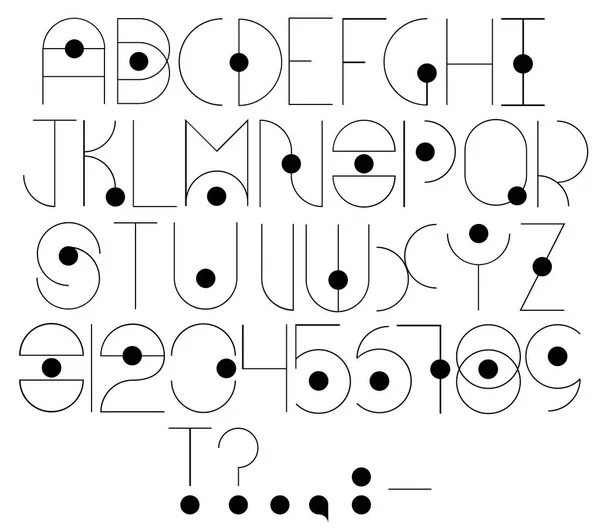Dyslexia is the most frequently occurring developmental condition (e.g., Shaywitz & Shaywitz, 2003) with the frequency of its occurrences indicated as being between 5 and 17% in the West (e.g., Jones, et al., 2016). Dyslexia is a specific learning difficulty that is characterized by enduring problems in the ability to accurately and fluently read, spell or both (e.g., World Health Organisation, 2011). Reading and spelling problems in dyslexia may be experienced when converting written symbols into sound (reading) and/or when articulating words into written symbols (spelling and writing. In most people with dyslexia, a difficulty in the decoding of the written word to sound is linked to deficits in speech sound manipulations rather than deficiency in identification of visual symbols. Reading and spelling problems may arise in dyslexia despite adequate levels of intelligence and learning abilities. This is what differentiates people with dyslexia from the “garden-variety” of poor readers (e.g., Orton Dyslexia Society Research Committee, 1994).

Methodology and design
The participants recruited for this study were aged between 18 to 40 years old consisting of 28 adults with dyslexia (mean age = 23.30 years, SD = 3.01) and 27 adults without dyslexia (mean age = 25.37 years, SD = 4.98) were UK university-based students. The participants were matched for age and IQ and differentiated on spelling and reading tests. Using a between-group design, adults with dyslexia and those without were assessed on reading and spelling (literacy abilities) and Intelligence Quotient abilities (consisting of Comprehension, Vocabulary, Block Design, and Picture Completion).
Intelligence quotient measure; Wechsler Adults Intelligence Scale; WAIS-IV (2010)
The IQ measure comprising subscales: (Vocabulary, Picture Completion, Block Design and Comprehension) were administered to the participants to calculate a short-form IQ using Turner’s (1997) formula. According to Turner (1997), the effects of dyslexia are not sensitive to measures of the short-form IQ test. The performance of adults with dyslexia and those without dyslexia were expected to be comparable.
Reading assessment: The DAST nonsense word passage (Fawcett & Nicolson, 1998)
The Nonsense Word Reading Passage from the Dyslexia Adult Screening Test (DAST; Fawcett & Nicolson, 1998) is an established test that measures reading proficiency to indicate the presence of and severity of dyslexia. Nonword decoding ability is a predictor of dyslexia and is problematic for adults with dyslexia whose reading aptitude is satisfactory (Brachacki et al., 1994). Accuracy and reading speed were assessed. The participants were given a passage of text containing actual words and nonsense words to read as quickly and as accurately as possible in a timed performance. Adults with dyslexia were expected to perform significantly poorer than adults without.
Spelling assessment: WORD spelling test (Wechsler, 2010)
The spelling component of Wechsler Objective Reading Dimensions (WORD; Wechsler, 1993) task is an established test for assessing spelling ability and age (e.g., Nergård‐Nilssen & Hulme, 2014). The investigator pronounced each word, then contextualized the word in a sentence and then pronounced it again for the participant to spell. The words progressively increased in difficulty. An adult spelling age was indicated by scores equal to or more than 42/50. Scores lower than 42 yielded a child-range spelling age. Adults with dyslexia were expected to perform significantly poorer than adults without dyslexia.
Results
Table 2.1 shows the descriptive statistics for the means and SDs for the IQ and literacy measures for the adults with and without dyslexia.

Independent t-samples tests were used to assess group performance on the WAIS-IV short-form IQ, WORD spelling, and the DAST Nonsense reading passage tests. The Short-form IQ test results revealed a comparable performance between adults with dyslexia and those without, t (52) = -.43, p = .67, d = 0.11; see table 2.1. The Word spelling test performance revealed that adults with dyslexia significantly poorer than the those without in their spelling ability, t (41.19) = -.71, p<.001, d= 1.28; see table 2.1. The Reading test results revealed that adults with dyslexia performed significantly poorer than those without, t (52) = -6.23, p<.001, d = 1.74; see table 2.1.
Conclusion
The findings indicate that whilst comparable IQ abilities were observed between adults with dyslexia and those without dyslexia, reading and spelling abilities were found to be poorer in adults with dyslexia. With relevance to workplace settings, the current study’s findings demonstrate that reading and spelling problems in adults with dyslexia do not equate to lower levels of intelligence. The findings help to shed light on the general misconception that the condition is underlined by lower levels of intelligence.
References
- Brachacki, G. W., Fawcett, A. J., & Nicolson, R. I. (1994). Adults with dyslexia have a deficit in voice recognition. Perceptual and motor skills, 78(1), 304-306.
- Fawcett, A. J., & Nicolson, R. I. (1998). The Dyslexia Adult Screening Test (DAST): Complete Kit. Psychological Corporation.
- Jones, M. W., Kuipers, J. R., & Thierry, G. (2016). ERPs Reveal the Time Course of Aberrant Visual-Phonological Binding in Developmental Dyslexia. Frontiers in human neuroscience, 10.
- Nergård‐Nilssen, T., & Hulme, C. (2014). Developmental dyslexia in adults: Behavioural manifestations and cognitive correlates. Dyslexia, 20(3), 191-207.
- Orton Dyslexia Society Research Committee (1994). Operational definition of dyslexia. In C. Scruggs (Ed.), Perspectives, 20, 4.
- Shaywitz, S. E., & Shaywitz, B. A. (2003). The science of reading and dyslexia. Journal of American Association for Pediatric Ophthalmology and Strabismus {JAAPOS}, 7(3), 158-166.
- Turner, M. (1997). Psychological assessment of dyslexia. London: Whurr.
- Wechsler, D. (1993). The Wechsler Objective Reading Dimensions. London: The Psychological Corporation.
- World Health Organization, 2011. International Statistical Classification of Diseases and Related Health Problems – 10th Revision, 4th ed. World Health Organization, Geneva.

